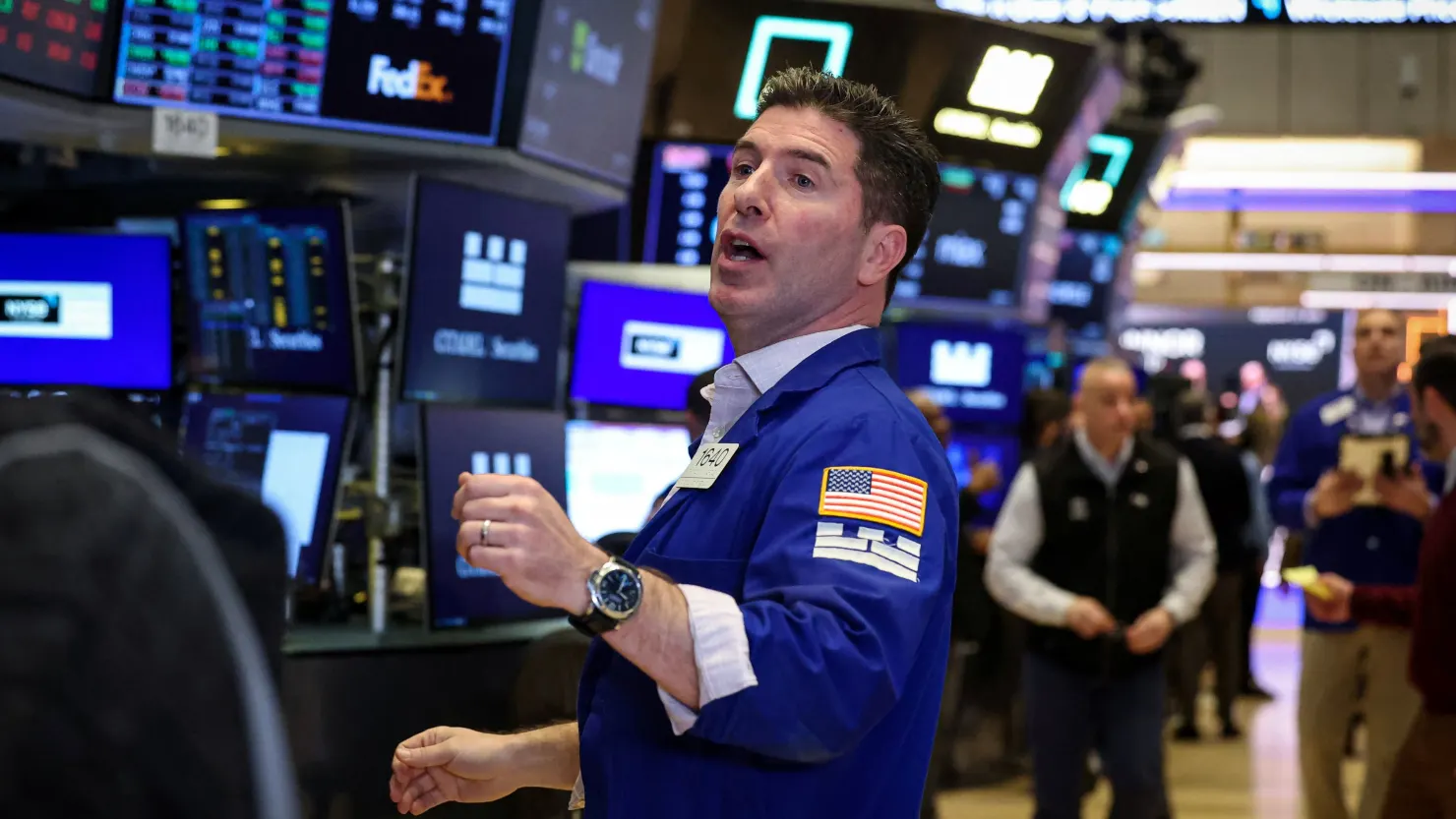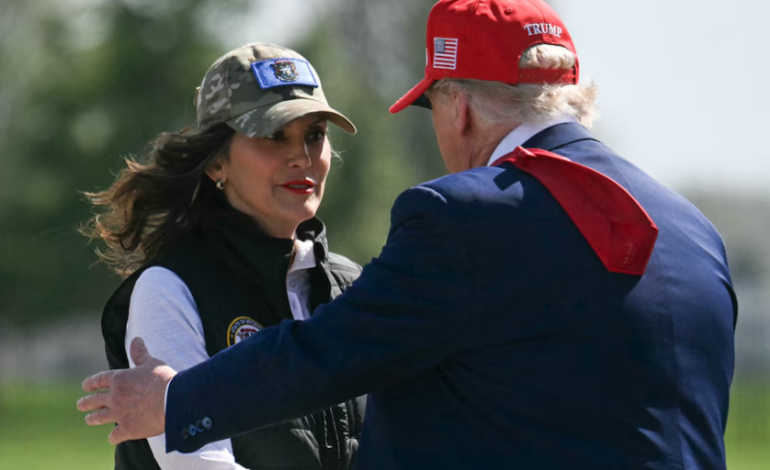In a move that could have lasting implications for both state policy and national politics, Michigan Governor Gretchen Whitmer has successfully lobbied for a new fighter mission at Selfridge Air National Guard Base, securing what she called a “huge, bipartisan win” for her state.
The announcement came during a high-profile visit from President Donald Trump, who praised Whitmer for her effectiveness—even as she faces criticism from within her own party for cooperating with the Republican president.
The new mission will bring 20 F-15EX fighter jets to Selfridge starting in 2028, preserving thousands of jobs and maintaining the base’s estimated $850 million annual contribution to Michigan’s economy. For Whitmer, the development marks the culmination of years of advocacy, including a recent Oval Office meeting with Trump and multiple direct appeals to both his and President Biden’s administrations.
Whitmer stood beside Trump during the announcement Tuesday, thanking him for the decision but avoiding any overt political praise. Their handshake and brief embrace on the tarmac were notable given their contentious history—particularly their clashes during the COVID-19 pandemic—yet the moment underscored the delicate balance Whitmer is attempting to strike: working with Trump on shared interests while maintaining her political identity as a Democrat.
“I had to be there because this was a big, important thing for the state of Michigan,” Whitmer later told reporters. “Now, he is going to go off to the rally and say a lot of things I disagree with… but my job is to do everything I can for the people of Michigan.”
The interaction, though routine in a gubernatorial sense, drew swift reactions from across the political spectrum. Some Democrats see Whitmer’s willingness to engage with Trump as pragmatic governance in a deeply divided country. Others view it as a troubling normalization of a political figure they consider an existential threat to democracy.
Ezra Levin, co-executive director of the progressive group Indivisible, warned that Democrats who lean toward bipartisanship risk losing ground to more confrontational voices in the party.
“The fight-back faction of the Democratic Party is ascendant,” Levin said, “and leaders who ignore that risk getting left behind.”
Meanwhile, Whitmer’s supporters, including Macomb County Executive Mark Hackel, see her actions as the embodiment of good governance.
“Her role is to be the governor of all, not just her party,” Hackel noted, praising her for putting state interests above partisan divides.
That approach sets her apart from other potential 2028 Democratic presidential contenders, such as Illinois Governor JB Pritzker and Senator Cory Booker of New Jersey, both of whom have adopted sharper tones against Trump. In contrast, Whitmer has taken a more nuanced stance, even acknowledging the motivation behind Trump’s tariffs while critiquing their impact on Michigan manufacturers.
Political observers say the optics of Whitmer’s Oval Office visit earlier this month—where she was photographed shielding her face as Trump signed controversial executive orders—could linger, especially if she mounts a presidential campaign. While her office quickly clarified that she was unaware of the nature of the signing, the moment provided fodder for critics who accuse her of being too accommodating.
Still, the governor’s calculus appears rooted in realpolitik. Trump, known for rewarding allies and punishing critics, responded to Whitmer’s outreach with what she sought: a substantial defense investment in a politically significant swing region.
“She has managed to get something tangible from a president who usually doesn’t give anything away without a fight,” said Adrian Hemond, a Michigan Democratic strategist. “That’s not nothing.”
While Whitmer remains publicly noncommittal about her political future, the episode may well define her evolving national profile. Whether Democratic voters view her bipartisan maneuvering as pragmatic leadership or political compromise could determine her long-term prospects.
For now, Whitmer is focused on the immediate benefits to Michigan.
“This is a victory for our economy, our security, and our future,” she said. “The people of Michigan elected me to get results—and that’s exactly what this is.”
The Washington Post, the Associated Press, and the New York Times contributed to this report.










The latest news in your social feeds
Subscribe to our social media platforms to stay tuned